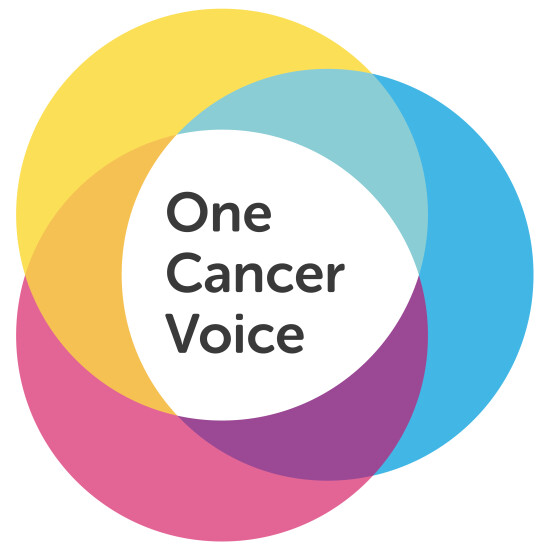13th February 2025 by Clare Cox

Make 2nds Count join over 50 other cancer charities to ask the government to tackle cancer waiting times after new analysis by Cancer Research UK revealed that last year, 74,000 cancer patients didn’t start their treatment on time.
The NHS in England aims to begin treatment for 85% of cancer patients within 62
days of an urgent referral. But in 2024, just over 6 in 10 patients (62.2%) started treatment within 62 days following an urgent suspected cancer referral. There was a slight improvement in 2024 compared to the previous year, where only 60.1% of patients were treated on time.
More than 1 in 10 cancer patients (11.3%) faced having to wait more than 104 days following an urgent suspected cancer referral to begin their treatment -
nearly twice as long as the 62-day target.
 "I had to repeatedly chase for information and appointments"
"I had to repeatedly chase for information and appointments"
Forty-five year old Tanya Thompson from Sutton Coldfield, near Birmingham, had to wait over 70 days to start treatment after a secondary (metastatic) diagnosis late April 2024.
Seven years after a primary diagnosis and treatment, Tanya started to experience discomfort in her right collarbone. A bone scan revealed secondary breast cancer, but it wasn't until late July that treatment started after repeated phone calls and chasing for bone biopsies, reports and oncologist appointments. "I had to repeatedly push for information and appointments, even to understand the extent of my bone metastases. It could have been as late as September (potentially 150 days) until treatment started if I had not pushed."
The UK government has pledged to meet the 85% target by the end of this
parliament, and last month, made a promising commitment to improve performance
by April 2026.
But One Cancer Voice, a coalition of the UK’s leading cancer charities, warned that the slow rates of improvement - just 1.5 percentage points over the last year - is not enough to achieve this. The coalition welcomed the government’s intention to publish a National Cancer Plan for England – but called on ministers to prioritise cancer waiting times through investment in additional staff and equipment.
Cancer Research UK’s chief executive, Michelle Mitchell, said: “Seventy-four thousand cancer patients waited longer than they should to start their treatment last year. Behind every one of these numbers is a family member, friend or loved one facing unbelievable stress and anxiety, where every day can feel like forever. Hardworking NHS staff are doing their best, and last year we saw a slight improvement in cancer waiting times from the year before. However, there is still a long way to go, and the UK Government must act."
“The National Cancer Plan can be a turning point for cancer patients across England, but the UK Government must invest in staff and equipment, alongside reforms, if it’s to hit all cancer waiting time targets by the end of this parliament. It’s the least that cancer patients deserve.”
Emma Hall, Deputy CEO of Make 2nds Count added: "The government need to listen to our joined-up call for investment in staff and equipment to deal with these disappointing cancer treatment waiting times. Our secondary breast cancer community don't have the luxury of time. The government needs to recognise the stress this adds to the lives of people living with secondary (metastatic) breast cancer who are already dealing with an incredibly overwhelming and traumatic diagnosis."
With an ageing and growing population, the challenge facing cancer services is only
set to increase. There will be around 2.2m new UK cancer cases diagnosed between
2024 and 2029 - this is over 20% more cases than in the previous five years.
One Cancer Voice is calling on the UK government to equip the NHS to deal with
this, to avoid more and more people waiting too long to start their cancer treatment.